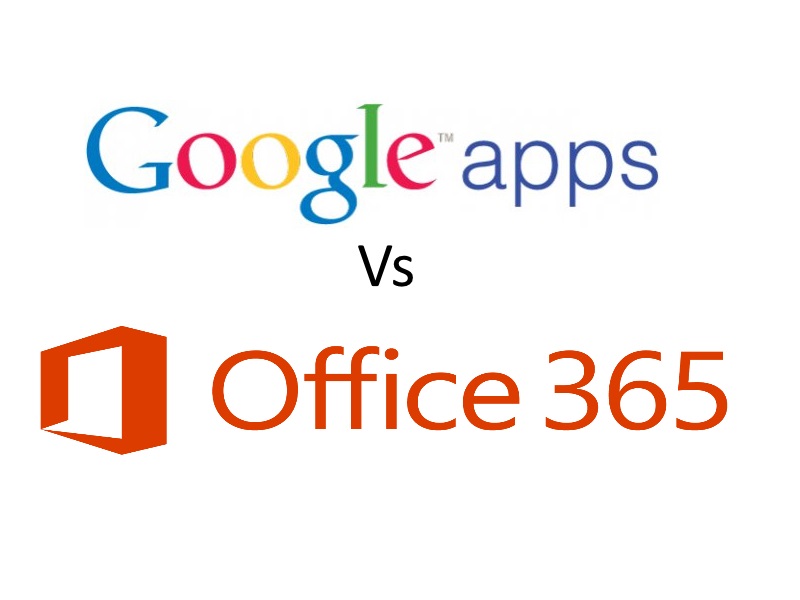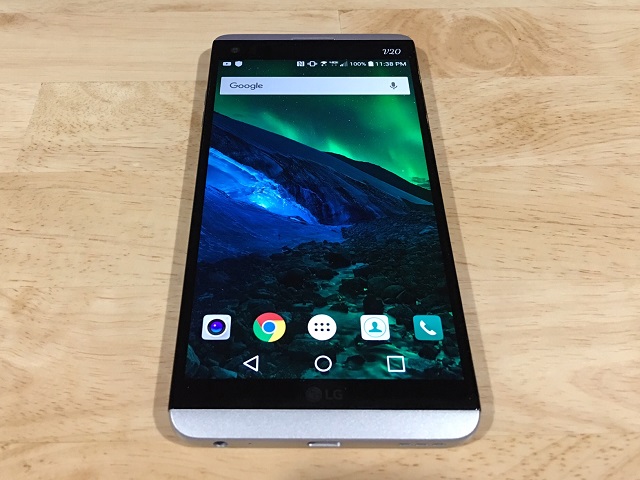
Android backdoor found sending personal information from US users to China
Mobile security firm Kryptowire has discovered a backdoor in several Android smartphones sold in the US. The company says that the firmware collected personal data about users without consent, and sent this private information on to Chinese firm Shanghai Adups Technology Company.
Included in the reams of personal data shared to a third party server were the full text of SMS, call histories, and unique device identifiers. In addition to this, an OTA (over the air) update to firmware allowed for the non-consensual installation of apps, user location tracking and keyword monitoring.

Is Apple crazy to sell a $300 hardcover photo book? Not at all
Last month, Apple unveiled new MacBook Pro laptops. While the machines were undoubtedly great, their prices were very high -- even for Apple. Despite the cost, they are apparently flying off virtual shelves, as shipping dates are now in late December. In other words, price be damned, people will buy what they want, and they are willing to splurge on quality. The old adage of "you get what you pay for" is sometimes quite true.
Today, Apple announces a hardcover book called "Designed by Apple in California". It is a paper book comprised of high-quality photographs of the company's products. There are two sizes being offered, with the smaller (10.20" x 12.75") costing $200 and the larger (13" x 16.25") costing $300. Are those prices high? Yes. Is Apple crazy to ask that much? Nope. In fact, the company is wise to set a high price, as it sets the value and desirability at a high level.

SMBs hold on to their hardware longer than enterprises
Smaller and medium-sized businesses would rather wait a couple years longer before upgrading their systems, compared to large enterprises, a new survey by memory and storage company Crucial shows. Out of 350 IT decision makers in the UK, US, Germany and France, more than half (52 percent) say their company has a hardware refresh cycle of about three to four years.
Large organizations replace systems every two years or so (23 percent) while small organisations wait four years or more (22 percent). The reason behind upgrades is always the same -- their current systems are no longer good enough. Sometimes, businesses would opt to reimage and redeploy problematic storage drives (28 percent), and sometimes, they’d just buy new computers to replace the old and the slow ones (19 percent).

Twitter expands Mute feature to help combat its troll problem
Twitter has promised for some time that it will do more to tackle the problem of trolling, abuse and harassment. Today, the company announces that it is expanding its Mute features, giving users the ability to mute keywords, phrases, and conversations.
This comes in response to feedback from people who have long-asked for a way to prevent notifications about topics they are not interested in, from people they don’t want to hear from, and so on. Twitter also says that it has retrained its staff and improved systems to make it easier and more efficient to report and deal with cases of abuse.

Time tracking tools aren't keeping up with mobile workforces
Modern businesses are increasingly concerned with agility and efficiency and this leads them to seek more mobile solutions. But a new report shows that workforces are struggling with outdated processes that don't adequately support this new world.
The study by performance management specialist Changepoint shows that organizations using time and task data to guide business decisions are relying on old-fashioned methods including Excel spreadsheets (28 percent) and even pen and paper (36 percent).

Comodo launches new certificate management platform
Digital certificates are an essential part of online security and as the number of Internet of things devices continues to grow they'll become more important still. But as we rely more on certificates so managing them becomes more complex.
Cyber security solutions company Comodo, the world's leading certificate authority, is launching the latest release of its Comodo Certificate Manager (CCM), a full-lifecycle digital certificate management platform which makes it easier for enterprises to manage their certificates.

35 percent of cloud spend is wasted through inefficiency
In the dash to the cloud it's easy to lose sight of the fact that it isn't necessarily always the answer to spending your IT budget in the most efficient way.
New data released by cloud management company RightScale reveals that cloud users could reduce their spend by an average of 35 percent by making better use of resources.

Office 365 and G Suite now in 59 percent of organizations worldwide
Cloud adoption has hit an all time high in 2016, largely driven by productivity packages like Microsoft Office 365 and Google's G Suite, according to a new report.
Data protection company Bitglass scanned the cloud use of more than 120,000 companies to identify the primary cloud productivity suite used. It finds 59 percent of organizations worldwide now use one of these two apps, up from 48 percent in 2015.

SCOSCHE unveils floating BoomBUOY waterproof Bluetooth speaker
Yesterday, I reviewed the LG V20 -- one of the more recent Android flagship smartphones. While I really like that device, it suffers from a disappointing integrated speaker -- a problem on many phones. Luckily, a Bluetooth speaker can always be paired to improve sound quality and offer louder volume.
The problem, however, is there are too many similar Bluetooth speakers nowadays; so much choice can confuse consumers. Today, SCOSCHE unveils a new wireless speaker, called BoomBUOY, that stands out from many others. What makes it so unique? It floats! While there have been floating speakers released before, this one is rugged and affordably priced too.

What causes networks to fail?
Network outages are a major source of pain for businesses, so understanding what causes them is an important part of preventing them in the first place.
A new survey from Veriflow reveals that complexity and human error are high on the list as contributing to network problems.

New security solution protects Office 365 customers
More and more companies are moving their office applications to the cloud and Microsoft Office 365 is one of the most popular options with around 85 million subscribers.
One of the major concerns with this trend is keeping information secure, to address this IT management solutions provider Kaseya is launching its latest AuthAnvil. An identity and access management solution, this provides single sign on (SSO), multifactor authentication (MFA) and automated user provisioning for Office 365.

Major Linux security hole found in Cryptsetup script for LUKS disk encryption
A security vulnerability discovered in numerous Linux distros potentially puts millions of users at risk. CVE-2016-4484 (Cryptsetup Initrd root Shell) affects the Cryptsetup script that is used to unlock partitions encrypted with LUKS (Linux Unified Key Setup).
The flaw means that it is possible for a hacker to access, change or delete data on the hard drive, and it is not even necessary to have physical access to exploit the vulnerability in every circumstance. But the worrying thing is just how easy the problem is to exploit.

What you need to know about network function virtualization
We’re seeing more and more technology functions being virtualized in order to streamline operations and cut costs. Networking is no exception to this trend, though it has been slower to adopt it than some other areas, there are good reasons for this which we’ll look at later. A shift is beginning to occur though.
Network function virtualization allows network tasks to be performed by software running on commodity hardware, replacing expensive, dedicated hardware appliances. This promises easy scaling of functions and should help in the automation of service delivery.

What you need to know about enterprise mobility
The importance of mobility in the workplace has grown significantly in recent years, driven by technological innovations like smartphones and web-based applications. The traditional office confines have been eroded and now customers, clients and employees demand the tools required to work whenever and wherever they need to.
Businesses that are unwilling to embrace mobility, or do so ineffectively, risk being overtaken by a competitor that is able to provide the flexibility required by the modern world of work. There are legitimate concerns when it comes to business mobility, but fortunately there are also a number of solutions that allow organizations to adopt innovative technologies without introducing security problems and other issues.

LG V20 Android 7.0 Nougat smartphone [Review]
Android is in a weird place. The latest version, 7.0 Nougat, is on very few devices, which highlights the operating system's biggest issue -- fragmentation. True, most apps will work fine on slightly older versions of the OS, but the true problem is security -- not compatibility. Once a manufacturer stops supporting a smartphone or tablet, the user is at risk of future vulnerabilities.
With OS upgrade concerns in mind, I decided to test Android Nougat on a new Verizon smartphone -- the highly anticipated LG V20. This is the followup to the sleeper-hit V10. The new device retains the famed "second screen", but improves upon its predecessor in every way. Is it worth your money, however?


